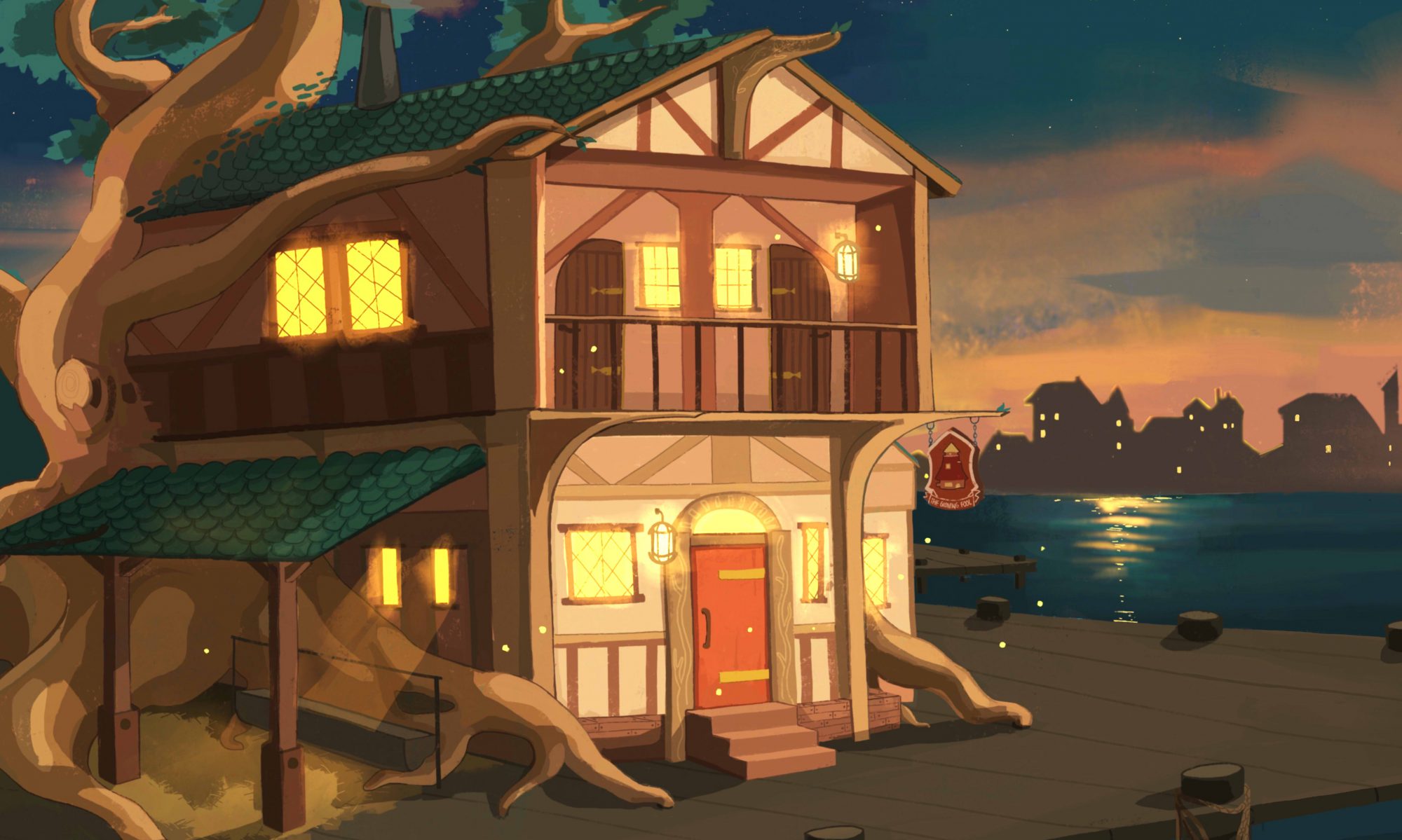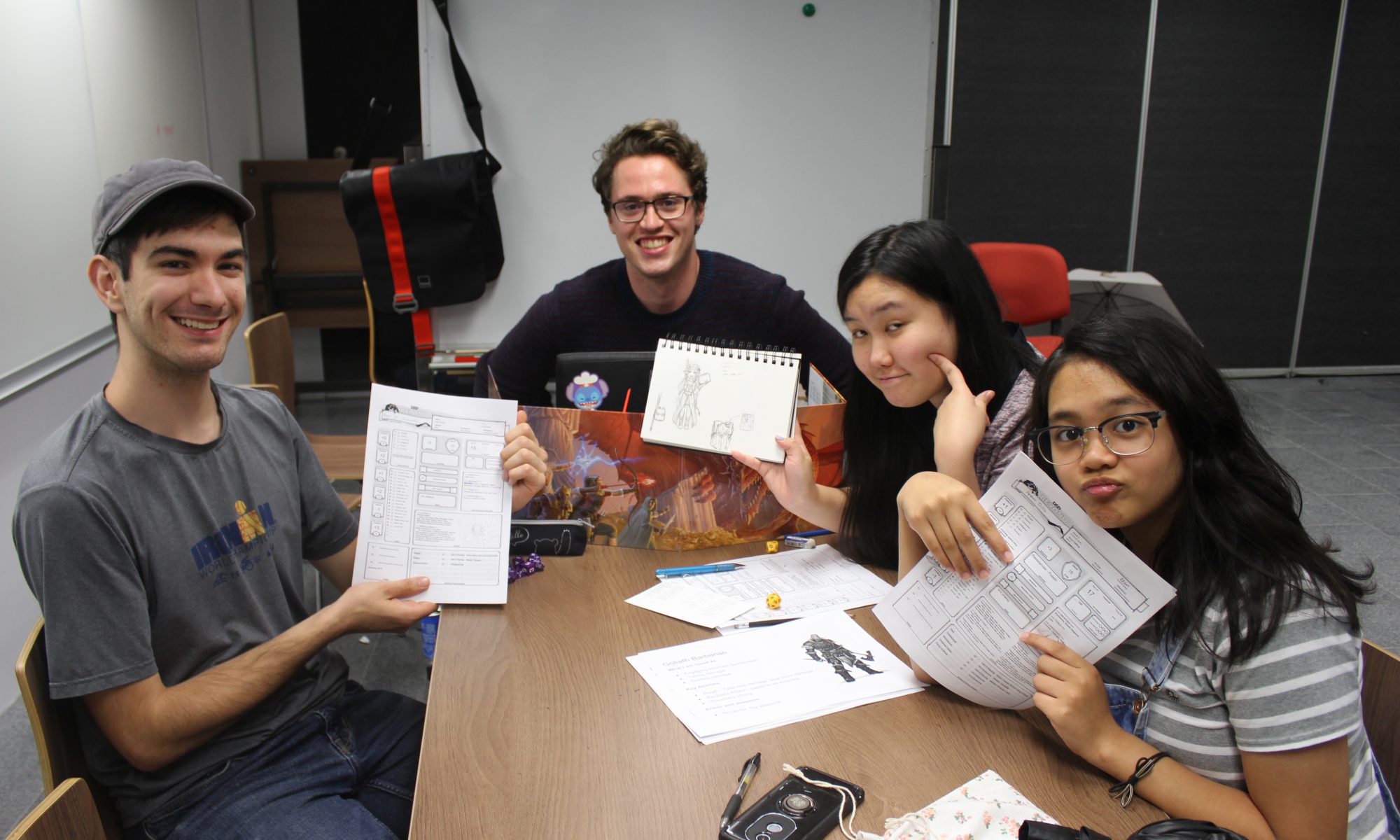My history with Dungeons and Dragons is quite short. I’ve been a player for a total of four games and a Dungeon Master for seven…and a half. Only having eleven and a half games under my belt I have much to learn still but have had valuable experiences with each game. Here are the 11½ things I’ve learned from playing Dungeons and Dragons.
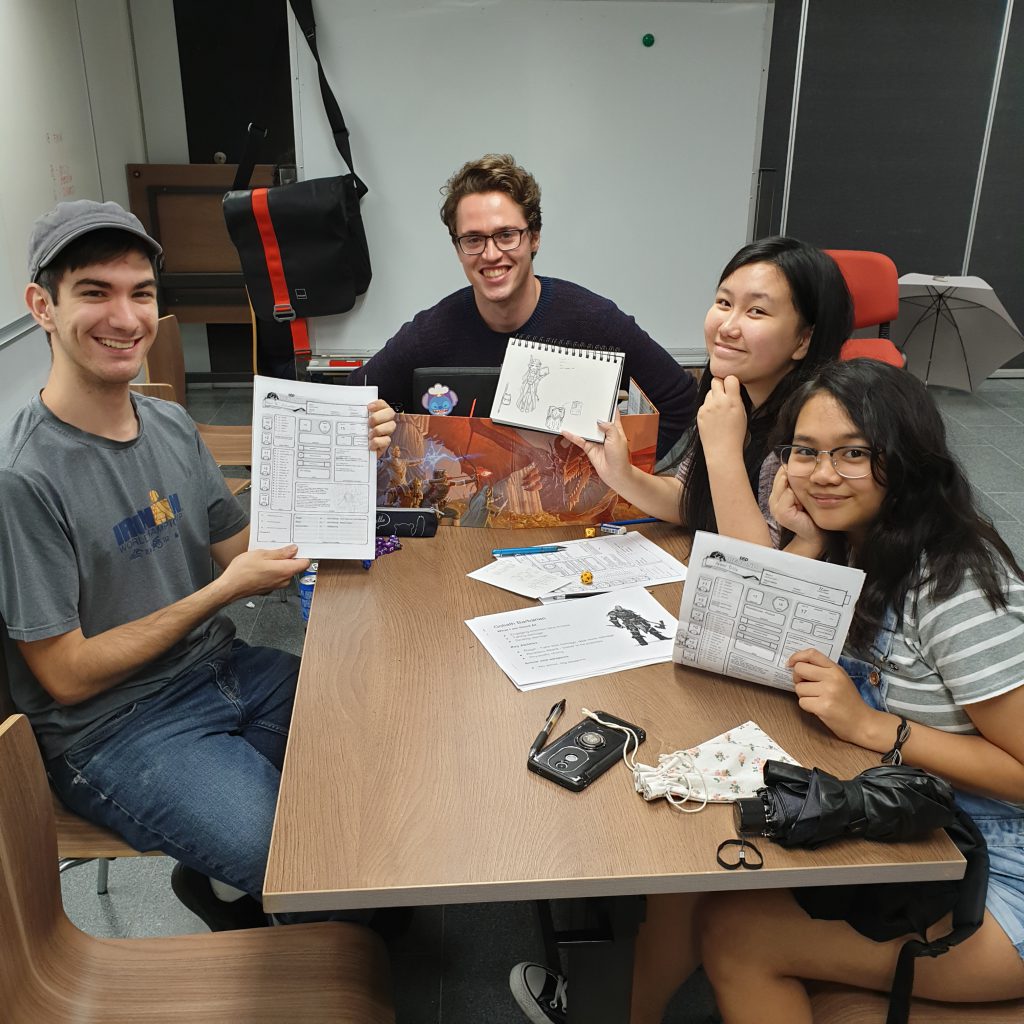
11. Conceptualizing creativity
Awhile back I took to using the term “muse” instead of creativity. I did this in order to have a better relationship with how it works. The term muse is for the Greek goddess who presides over the arts and sciences. I like to think of her as only one person. Sometimes she’s present in my company, I can talk things through with her, and she gives me feedback on how to improve. Other times she isn’t. When she isn’t there though, I don’t panic, I know she’ll be back and I just have to wait for her to return.
Your ability to come up with creative solutions to problems will come and go, just be patient, you’ll eventually figure something out.
10. Be open to trying new things
In D&D you can be literally anything. I’ve heard stories of people being a super stealthy bear, or two gnomes in a trench coat. D&D allows you to try out different races, different backgrounds, and different social statuses. If you’re a male jock whose grown up in a wealthy neighborhood trying playing as a weak poor boy from the slums who’s had to steal to survive. You’d be surprised at the different ways your fictional character gets treated. It might help you learn how to better interact with the nonfictional people of this world.
9. Actions have consequences
An action your character does in an early game may affect the campaign down the road. Bringing that into a world where it can often be easy to think “Am I doing enough for climate change?” Or “Did I make a difference today?” It’s nice to see that your actions, no matter how small, do have larger consequences than you may even realize.
8. Write things down more
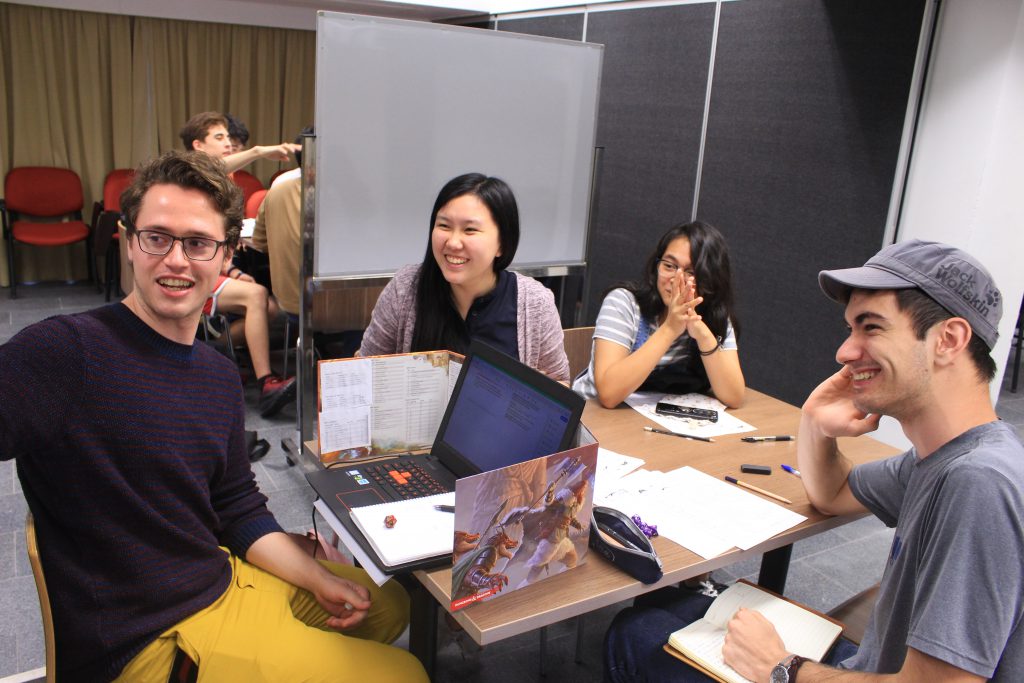
Often in our busy lives we can be thinking about several things at a time. Thinking about things like social groups, work responsibilities, future travels, D&D game planning, can take a toll on our brains. I’ve found that writing things down can help me to organize everything. You should try it!
7. You can’t control everyone
You may have planned a crazy cool assassination mission for your party to attempt, full of traps, deceptions, and stealthy rolls. You’re all excited about it until game time comes…where they decide to go for the other mission involving the illegal trading of wild animals. Or you could have created a super cool antagonist that’s going to attempt a jail break at a king’s birthday party but instead of going to talk to the antagonist, whose backstory you’ve been thinking about for weeks. They go talk to a local shop owner who you literally JUST made up…you know who you are.
My point though is that you literally can’t control people, so why even try? You’ll just stress yourself out more.
6. You can bring a person to dice but don’t expect them to roll
You may talk about D&D non-stop for weeks after you play your first game. You talk about the super cool fight your characters were in and how it was your attack that finally defeated the monster. You talk about it so much that you finally convince your friend to play. They come to a game, they don’t hate it, but they don’t love it, and that’s okay. D&D isn’t for everyone. If it isn’t that enjoyable for someone, forcing it on them sure won’t be very enjoyable either. That’s okay though, you’ll just get a chance to make more friends that do what to play with you!
5. Failure happens, a lot
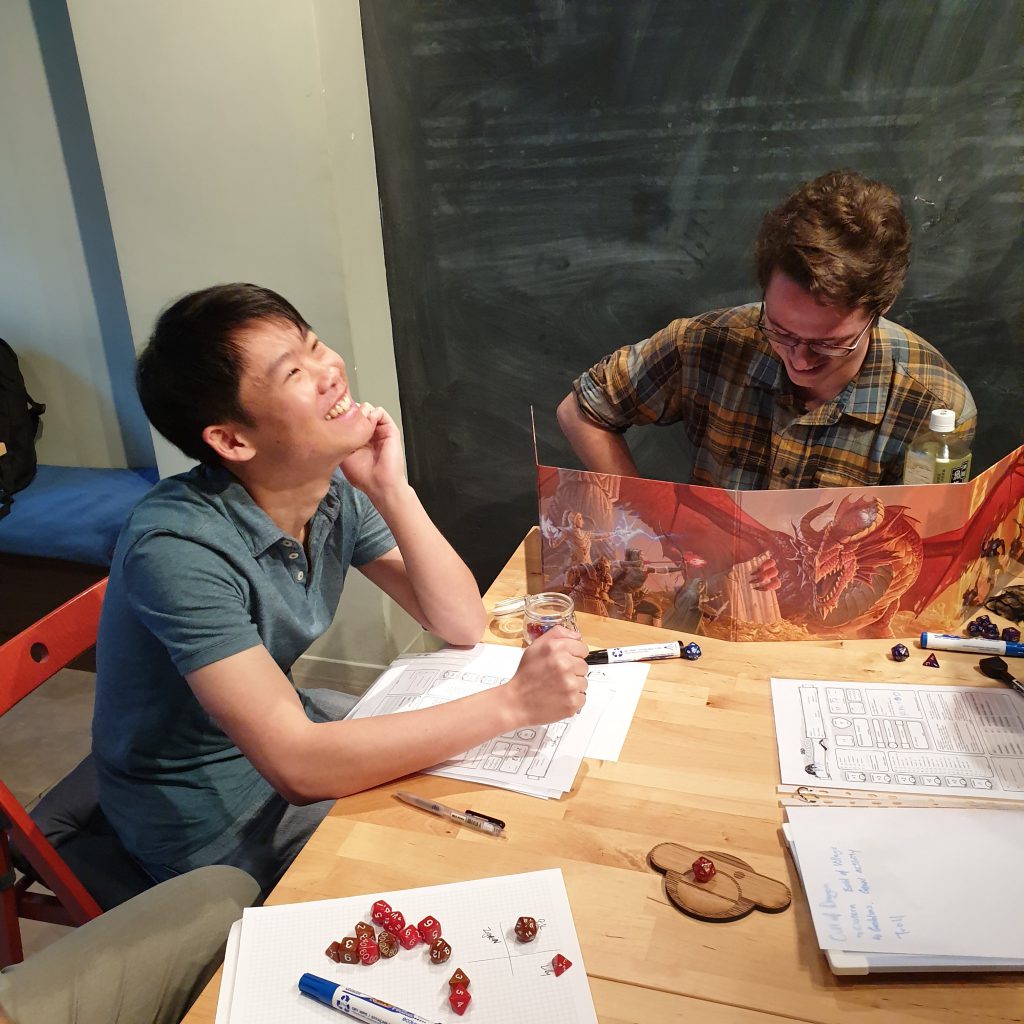
The worst feeling as a Dungeon Master is when someone blatantly fails a roll. They’ve just spent the last 5 minutes explaining how they are going to use their magic and do a super cool move that will dazzle the audience and award them a high score with the judges. Everyone is excited to see how it plays out. They roll, and it’s a 6. You then have to explain how nearly everything that could have gone wrong did go wrong. However, failure is never the end in D&D and I have yet to see it from stopping someone from attempting to do anything else that game.
Embrace failure, it’s just a little hiccup on your journey, not the end of it.
4. Sometimes you are just along for the ride
Being in a big party can be scary. You might be playing with a more experienced player who has created this crazy cool backstory for their half-orc whose parents were killed by a slaver. Wanting to stay with the party you just have to say yes to whatever the half-orc decides to do in order to find this slaver. That’s okay, you may not know where you are going but you can still have a great time with friends as you travel. The destination isn’t the main part of the story, it’s about how you get there.
3. Everyone’s a nerd
Literally everyone. The guy who lives down the hall and plays his old records too loud? Yep! He’s a nerd for music. The lady who watches YouTube make up tutorials to make sure her cat’s eye is on point? Yep! She’s a nerd for makeup. Literally everyone is a litter over obsessed with something, and that’s okay.
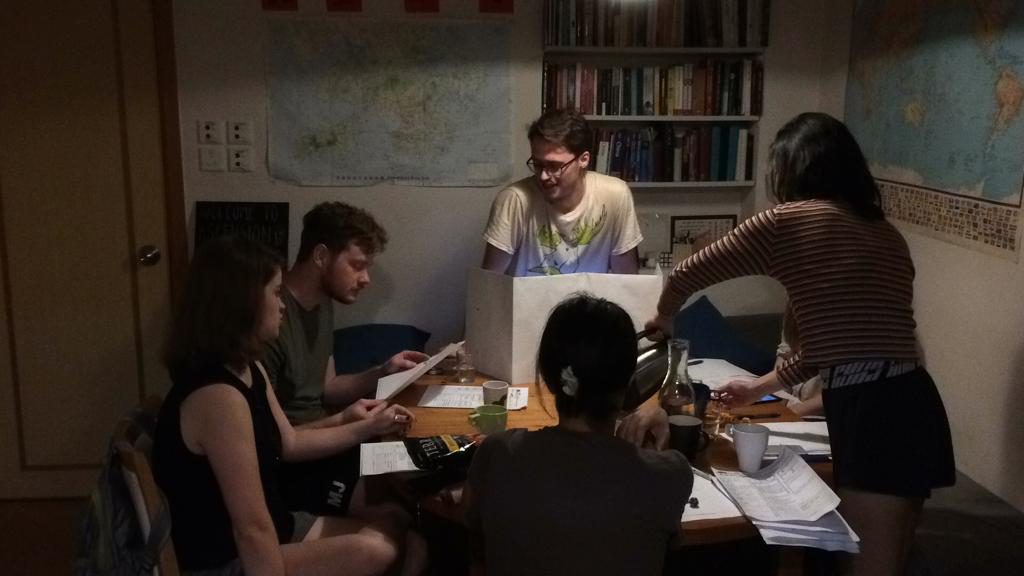
2. Your power might not come from where you expect it
I’ve had to do a lot by myself. I’ve had to move to far away places. I’ve had to learn new skills. I’ve had to cross difficult obstacles. All of this was done by myself and for myself. Being a Dungeon Master though requires me to put in a lot of extra work that my other players aren’t doing. When I think about this huge amount of time put into creating these games though, I’m not motivated by my satisfaction. Instead I think about the look on my friends faces as they realize the puzzles and laugh at my bad attempt at doing character voices. Their pleasure and satisfaction are what motivate me each and every week.
1. Everyone is different
A team’s strengths lie in their differences. A more dynamic a group is the better. A Goliath barbarian has a lot of trouble talking to others for information. While a human wizard may quickly fall in battle if not protected by some comrades. Everyone is different, embrace it and recognize that we all need each other.
½. Laugh
I’m not even going to explain this one.
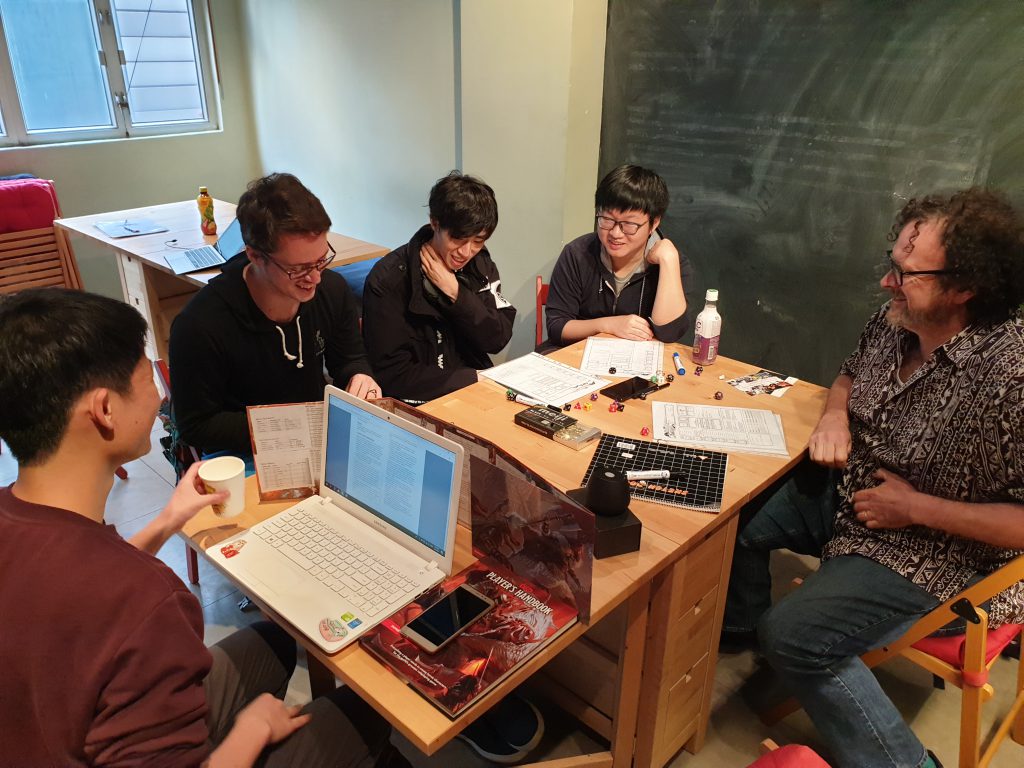
Nathaniel started listening to D&D podcasts several years ago. He was immediately in love with the storytelling and fantasy that is involved in D&D. He didn’t start playing until he came to Hong Kong. After playing only one game he was so excited to play another that he now meets nearly every weekend to play with friends.
